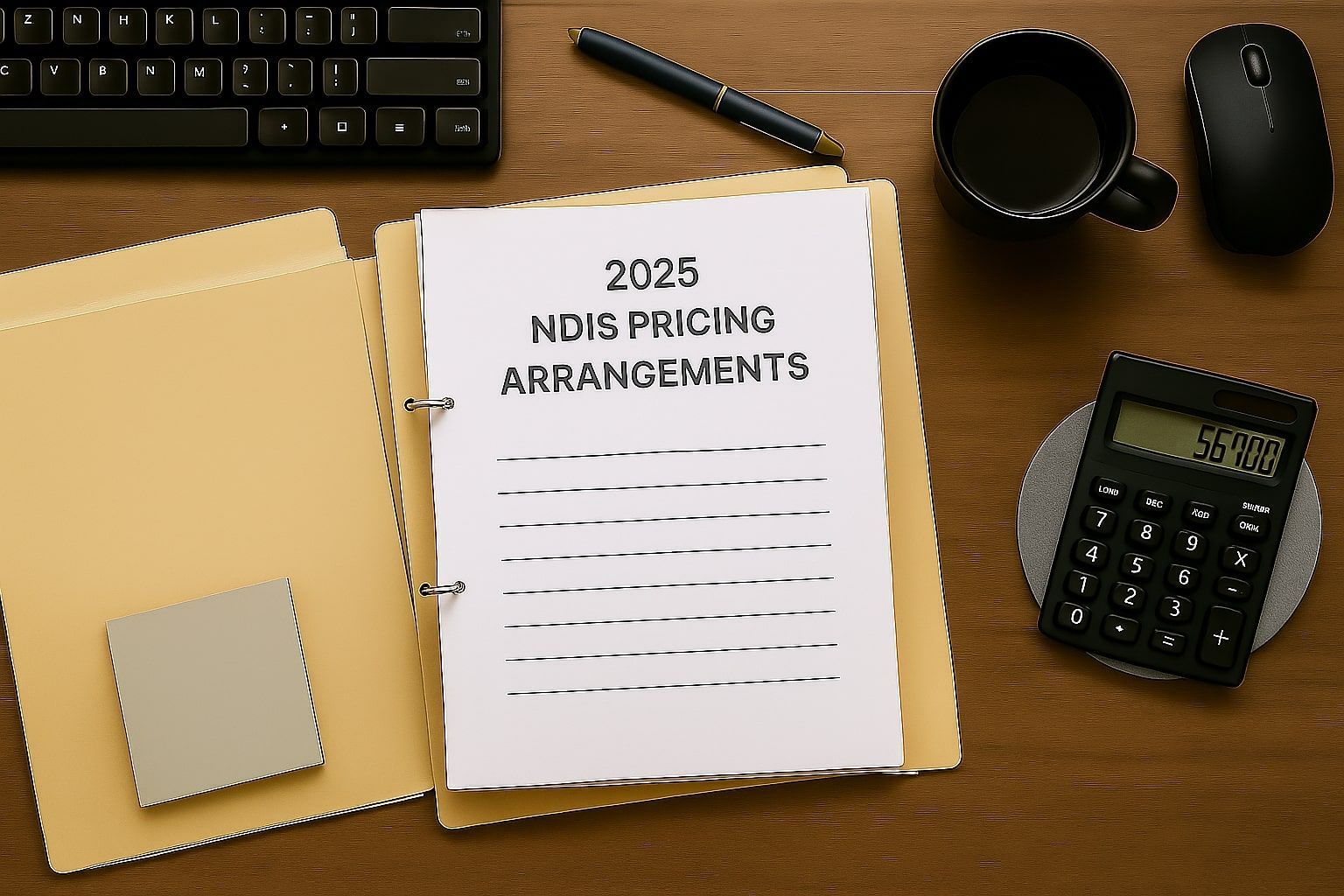7 Mistakes to Steer Clear of When Investing in SDA Housing
Investing in NDIS Specialist Disability Accommodation (SDA) offers a chance to make a positive social impact while achieving strong financial returns. However, the SDA investment journey requires careful planning to avoid common missteps. We'll guide you through key mistakes to prevent, ensuring you make informed decisions that benefit both you and the individuals your investment supports.
1. Skipping Comprehensive Research
The cornerstone of any successful SDA investment is thorough research. Skipping this step can lead to several costly mistakes, such as choosing a location with low demand for SDA housing or misunderstanding the needs of potential tenants. When considering an SDA housing investment, it's important to investigate the following:
Market Demand
Assessing the demand for SDA properties in your chosen location is vital. This involves understanding the specific needs of NDIS
participants and ensuring there's a pool of potential tenants.
Regulatory Compliance
SDA properties must meet certain design and construction standards. Familiarise yourself with these requirements to ensure your property is compliant and eligible for SDA funding.
Financial Viability
Analyse the potential rental yield, occupancy rates, and ongoing costs associated with SDA properties. This will help you gauge the financial sustainability of your investment.
2. Overlooking SDA Regulations and Compliance
Strict NDIS rules govern investment properties. Failing to meet these could disqualify your property from receiving SDA funding. Since July 2021, accredited assessors must certify all SDA properties against specific design standards. This ensures your property can accommodate the diverse needs of future residents. Grasping these standards upfront saves you trouble and potential financial setbacks later.
3. Misjudging SDA Funding and Occupancy Rates
A common oversight for many investors new to SDA housing investment is misunderstanding how SDA funding and occupancy work. It’s tempting to assume your property will always be filled and that each tenant will qualify for the maximum funding allowance. However, occupancy levels can fluctuate, and not all participants will receive the highest funding tier. Conducting a detailed feasibility study that includes realistic assumptions about occupancy and funding can help you set realistic expectations for your investment returns.
4. Lacking a Clear Investment Strategy
Investing in NDIS Specialist Disability Accommodation (SDA) requires specific knowledge. You need to understand both the market and the individual needs of NDIS participants. Here's what a strong investment strategy should consider:
Tenant Needs
Designing and building properties that cater specifically to the needs of SDA-eligible tenants can significantly increase your property's attractiveness and occupancy rates.
Financial Planning
Considering the high initial investment and ongoing costs associated with SDA properties, having a robust financial plan is imperative. This should include detailed budgeting, expense forecasting, and contingency planning.
5. Ignoring Location and Tenant Accessibility
Choosing the right location for your SDA property cannot be overstated. Properties must be accessible and conveniently located near essential services such as public transport, healthcare facilities, and community centres. This not only enhances the quality of life for tenants but also increases the desirability of your investment.
6. Fixating on the Wrong Property Type
SDA housing investment requires flexibility and an open mind. Investors who fixate on a specific type of property may miss out on opportunities better suited to their investment goals and the needs of potential tenants. It's important to consider various property types and designs that align with SDA requirements and tenant preferences.
7. Following the Crowd Without Independent Research
Real estate investment can often feel like a bandwagon, with trends and hot tips circulating among investors. However, what works for one investor may not necessarily work for another, especially in the specialised field of SDA investment. Conducting your own research, tailored to your specific investment goals and risk tolerance, is far more valuable than following the crowd.
Conclusion
Investing in SDA housing through the NDIS presents a rewarding opportunity, both financially and socially. By avoiding these common mistakes, investors can position themselves for success in this niche but growing sector. Remember, the key to a successful SDA investment lies in thorough research, compliance with regulations, realistic financial planning, and a keen understanding of the needs of NDIS participants. With careful planning and a strategic approach, your investment can make a significant difference in the lives of people with disabilities while also providing a solid return on investment.




